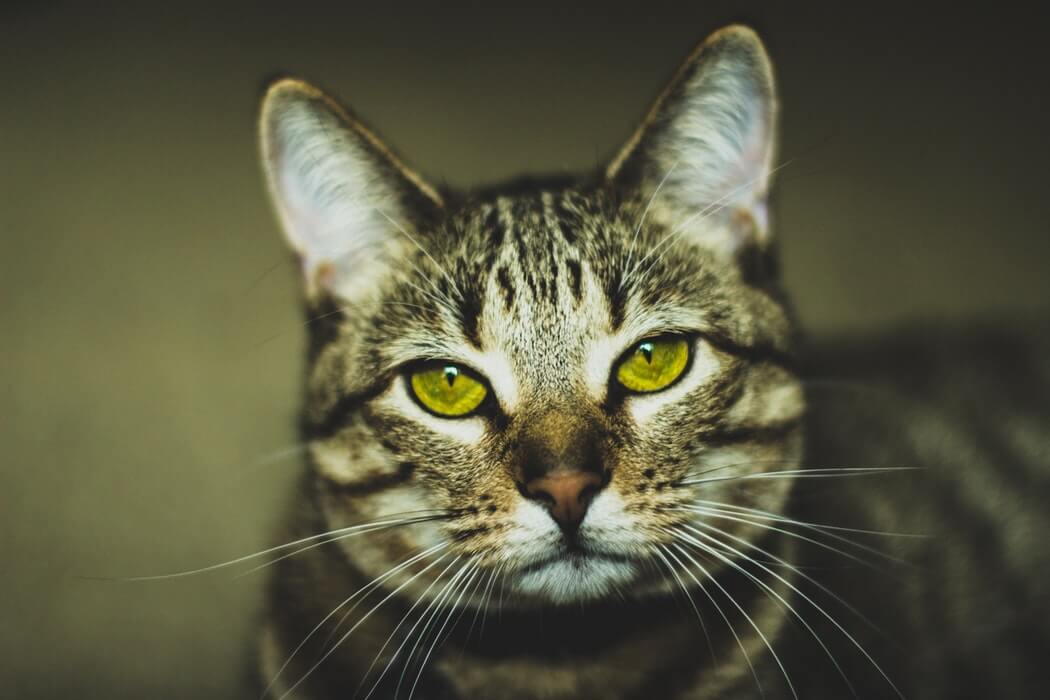
Caring for your pet cat is not just about feeding them and giving them shelter. It’s also about making sure they’re in good health and condition during the length of their lives. Part of being a responsible and loving pet owner is to be aware of the dangers to their health. It also entails how to tell if your cat is dying, and other possible causes of death.
Table of Contents
The Lifespan Of A Cats
Nowadays live longer than ever. This is all thanks to advancements in veterinary medicine and nutrition. Domestic cats can live up to 18 years. Outdoor or stray cats live shorter due to more factors like accidents, dangerous diseases Or, death from the jaws of another animal like a bear or a dog.
Keeping Them Healthy
But regarding domestic cats, there are only a few steps that pet owners must do ensure your feline friend can live a full and healthy life. Most important is to make sure your cat gets the necessary vaccinations against diseases on the right schedule. Another important thing is to give them a balanced and healthy diet suited to their age. This must be paired with regular exercise to keep them within the proper weight range.
Another thing to keep them happy and healthy is to give them a stress-free environment. But as time passes by, it’s essential to how the aging process affects a cat. Like all creatures, their health will slowly give way to age. The immune system gets weaker. Their bones get brittle, and their sense of sight and hearing will also be affected, among other things.
Common Causes of Death
As all cat lovers surely want, a healthy cat will eventually grow old and eventually die of old age. But sudden death can also happen and can strike anytime. Here are some of the most common causes of death among cats:
Heart Problems
This is often caused by blood clots and rhythmic abnormalities. There are no signs or symptoms and is usually determined after death.
Toxic Hazards
Pets like playing around with things, and ingesting a toxic substance, can lead to poisoning and then death. So be sure to keep any poisonous substance away from their reach.
Chronic Kidney Disease
Experts claim that it can be caused by several factors. It is one of the leading causes of death for domestic cats. This can be avoided by proper feeding and regular check-ups with your vet.
Urinary Problems
This problem can occur when the bladder is not emptied correctly. Watch out for infrequent urinating or a weak urine stream.
Dangerous Diseases
Aside from the common causes, there is still that chance that your pet can pick up dangerous diseases by one way or another. These range from the common to the life-threatening ones. Here are the most dangerous ones to watch out for.
1. Rabies
Feline rabies is the most dangerous because it can get passed on to humans. The virus attacks the nervous system, and cats get it from bites from wild animals. Symptoms include drooling as well as other rabid behavior and weight loss, among others.
2. Feline Distemper
It’s a highly contagious viral disease that attacks the immune system. Infected cats suffer from diarrhea and vomiting, dehydration and malnutrition, and anemia. Kittens are more at risk and often die after being infected.
3. Feline Immunodeficiency-Virus (FIV)
The equivalent of HIV for humans, the FIV also attacks the immune system and is spread among cats through bites. These are only a few and are more to watch out for, like feline leukemia as well as renal failure.
Signs Your Cat is Dying
If your cat is sick and if you suspect that it’s dying, here are some symptoms to watch out for.
1. Change in Personality
If you’ve had your pet cat for a while, then you should be familiar with its personality and behavior. These include how it acts around you, or when given its favorite treat. Any significant change could be a sign of serious trouble.
2. Not Cleaning Up
Cats are known for cleaning themselves on a regular basis. If they stop doing this or break away from this behavior, it could be that it’s dying. It basically refuses to clean itself since it knows its time is almost up.
3. Change in Vital Signs
A more definite method to find out if your cat is dying is to check its vital signs. Checking its heart rate or rhythm, its body temperature or the way it breathes can be a good indicator if it’s close to dying. Also, check if there are traces of blood in its urine or feces.
4. Refusal to Eat
Another visible sign is weight loss and its refusal to eat, especially if it’s their favorite food. Constant vomiting or diarrhea even if they feed should also warn you that something is wrong with them.
5. Hiding
If your cat is hiding or retreating to an isolated place, it’s probably because it’s sick. And when it’s sick, a cat feels vulnerable and is more afraid. This causes it to hide and protect itself. At this stage, it may be close to dying and may want to die in isolation.
You May Also Interested In: When Cat Is Sick?
What to Do If Your Cat Is Close To Death
When your cat suffers any of the symptoms listed, and you suspect that it’s dying, it’s time to act fast. The first and most important thing to do is to bring it to your veterinarian immediately. Waiting longer might worsen the problem. With each day that passes, the suffering will only continue for your cat.
Once you’ve consulted an expert, that’s when you’ll know if your cat is genuinely dying or not. At this point, you’ll also be given a tough decision if there’s nothing more the doctor can do for it. In this case, you may be given the option of euthanasia to end your pet’s suffering and pain. On the other hand, you may choose to care for your cat during its final days. If that’s the case, your vet will also guide you on the best way to care for your dying pet.
Conclusion
While we like our cats to live a full and healthy life, sickness and disease sometimes happen. And the symptoms of a dying cat are many and obvious that any responsible pet owner will be able to tell.
Share this:
- Click to share on Twitter (Opens in new window)
- Click to share on Facebook (Opens in new window)
- Click to share on Tumblr (Opens in new window)
- Click to share on Pinterest (Opens in new window)
- Click to share on Reddit (Opens in new window)
- Click to share on Telegram (Opens in new window)
- Click to share on WhatsApp (Opens in new window)
- Click to print (Opens in new window)
